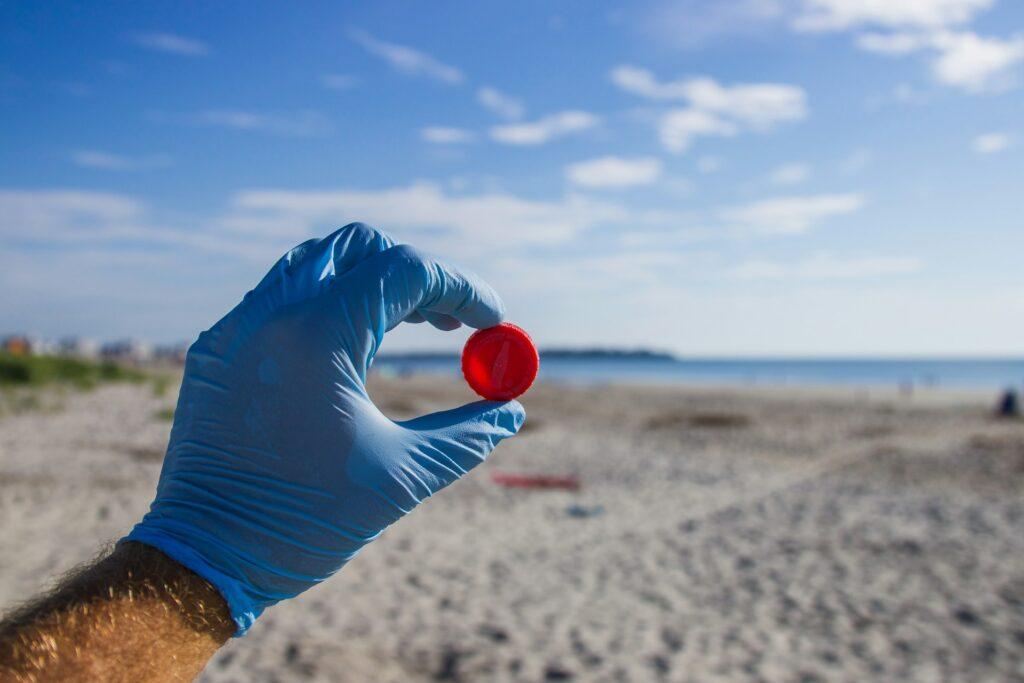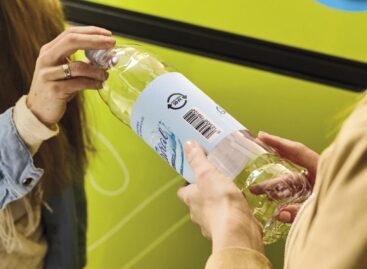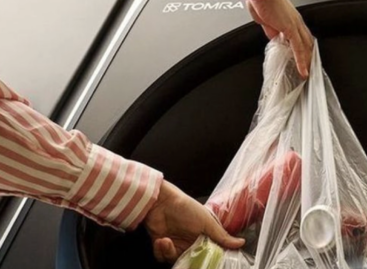There will be problems on the cap front
In less than a month, from July 2024, only plastic bottles will be available in stores, the caps of which remain attached to the container during the entire period of use, reports hvg.hu. This measure was created in accordance with the new directive of the European Union, which aims to reduce the amount of plastic waste, especially the plastic caps that are often found on beaches. The EU already announced this regulation in 2019, for which manufacturers can decide the method of fixation.

The change received a mixed reception among consumers, with many complaining that the fixed cap makes it difficult to use the bottles. Nevertheless, the benefits of the regulation include the expected reduction in environmental pollution, as fewer caps will be thrown away. The new provisions will enter into force in EU member states from July 3, 2024.
Further restrictions on the use of plastic can be expected in the future: the packaging of fresh vegetables and fruits, as well as miniature hotel toiletries and fast food, will also be banned under a new law. This step further strengthens the EU’s commitment to sustainability and environmental protection.
Related news
The new, innovative cash register at Tesco in Nyíregyháza swallows 100 bottles per minute
🎧 Hallgasd a cikket: Lejátszás Szünet Folytatás Leállítás Nyelv: Auto…
Read more >MOHU is preparing for post-holiday redemption with increased capacity
🎧 Hallgasd a cikket: Lejátszás Szünet Folytatás Leállítás Nyelv: Auto…
Read more >Related news
Storck Hungária: new sales manager has arrived
🎧 Hallgasd a cikket: Lejátszás Szünet Folytatás Leállítás Nyelv: Auto…
Read more >








